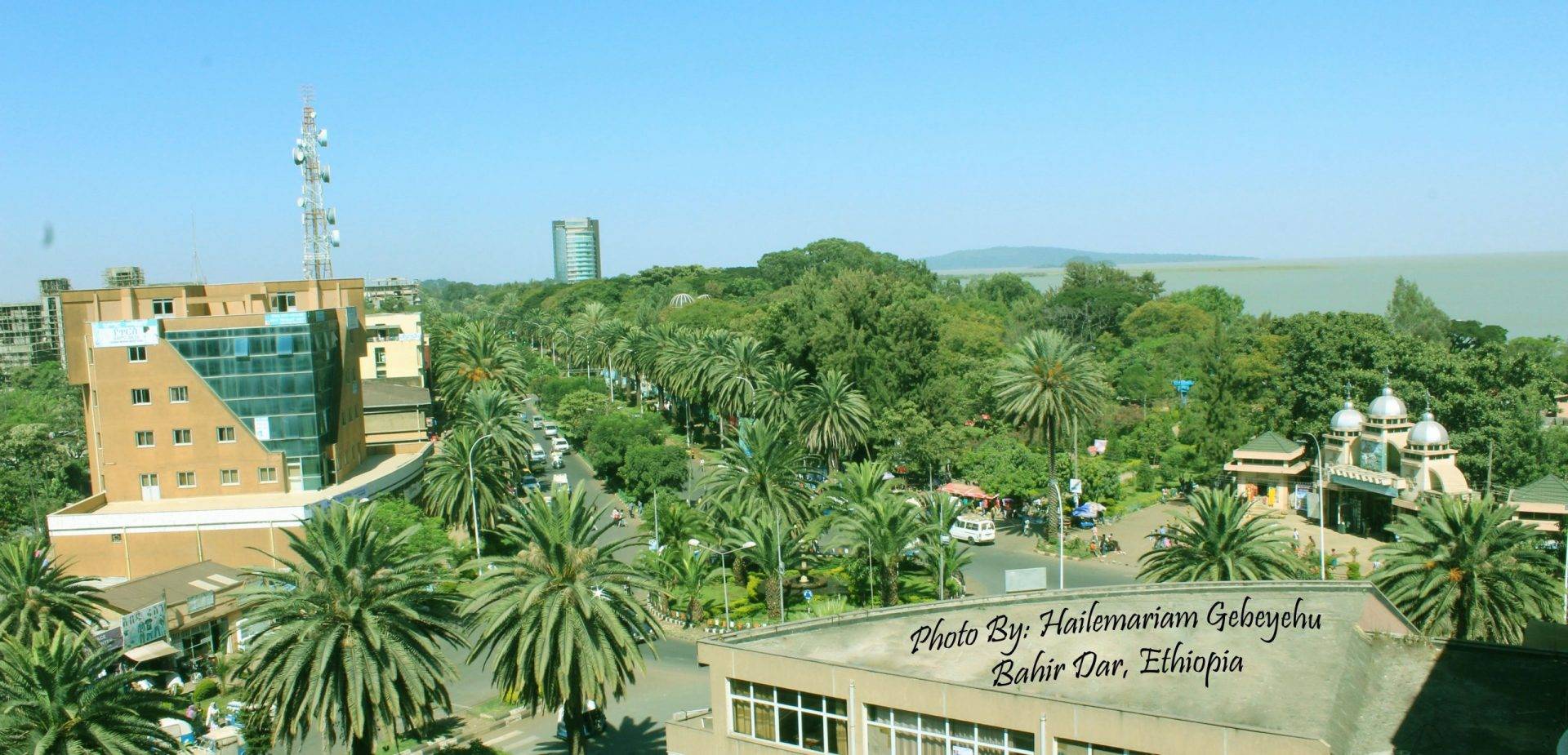Ethiopia Goes Greener; Set To Replace Coal With ‘Plants’ In Cement Production

As part of its ambitious green growth and climate mitigation plan, Ethiopia’s local cement industries are planning to replace carbon with a “wild weed” that would be processed into a biomass block and used as a source of fuel for the cement industries. This is expected to lower carbon emission into the environment
Currently, the 17 cement factories in the country spend more than USD 220 million to import coal from South Africa to burn the limestone, which is used as a major raw material in cement production.
State Minister of Trade and Industry Yohannes Dinkayehu said that the local cement factories release six million cubic meters of carbon, which is 0.3 percent higher than the best practice standard, the global cement industry emission stands at 2.2 billion cubic meters of carbon annually.
“This is part of the government’s initiative to reduce carbon emission by 2025,” he said. In a document called, Climate-Resilient Green Economy strategy,” or CRGE, the Government holds Ethiopia’s greenhouse gases at 145 metric tons of CO2 equivalent per year over the next 15 years.
Dinkayehu further noted that the factories also spend a lot of foreign currency on coal importing which is expected to be slashed upon the use of biomass.
“If we can replace 40 percent of the coal with the biomass we can save up to 88 million dollars per year,” he noted.
The wild weed is widely grown in the Afar region and according to the state minister, the plant is a huge threat to the livelihood of the pastoralists in the region.
“We have conducted a feasibility study with the support of the Global Climate Fund and the European Union which turned out to be successful.
“It will require a huge investment and vast land. We are looking at whether the cement factories themselves would invest in the biomass production or other investors would venture into the business,” he added.
Two factories, Dangote Cement and Habesha Cement have been using biomass and locally-mined coal.
Featured Image Courtesy: Pinterest